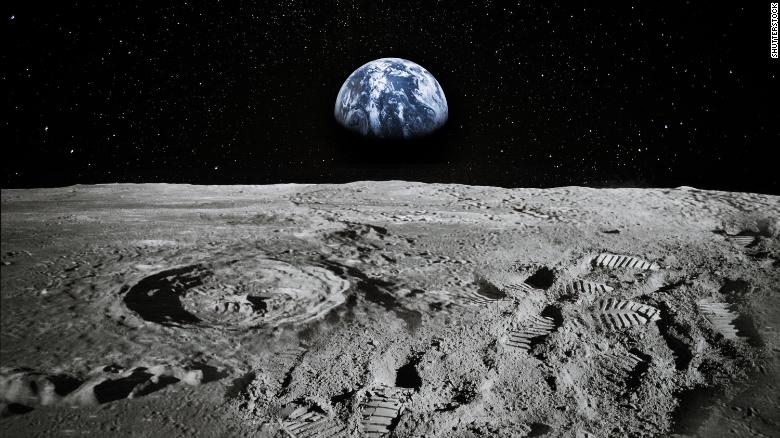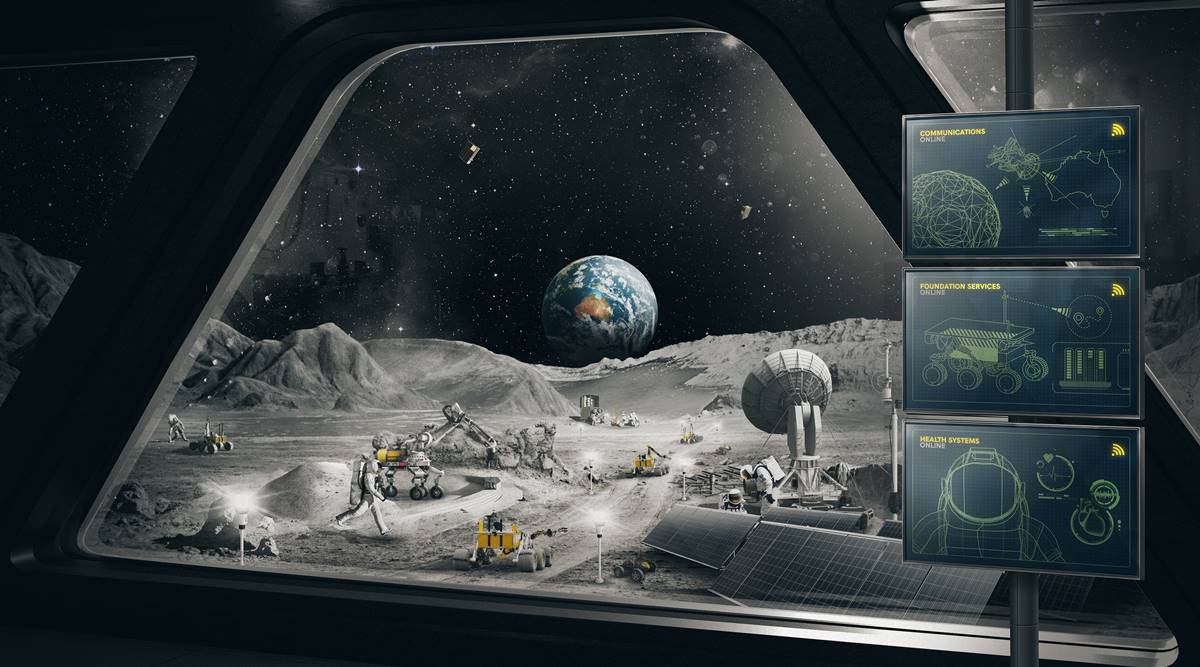
The major component of future moon missions under the Artemis program is international and commercial partnerships. The agreement between NASA and Australian Space Agency is a step forward towards increasing lunar operations in the US and Australia.
What is the agreement all about?

According to the newest US-Australia agreement, research organizations and businesses in Australia will develop a small lunar rover. The rover will pick up and transfer lunar rock and dust to NASA‘s in-situ resource utilization (ISRU) system. Such a rover may be ready to fly by 2026 at the earliest.
“This agreement will serve to strengthen the longtime relationship between the United States and Australia in areas related to space exploration – a relationship that goes back more than half a century to the days of the Apollo program,” said Bill Nelson. Nelson, the NASA administrator also added that “By working together with the Australian Space Agency and our partners around the world, NASA will uncover more discoveries and accomplish more research through the Artemis program”.
What does this mean for future Moon Missions?

The new agreement is supported by the Australian government’s Moon to Mars, a $150 million initiative. With this, the future Moon Missions of both nations will have extra support. Additionally, the Australian agency is currently focused on resource technology. Additionally, they will focus on improved robot sensing and systems. Hence, planetary science will be more focused on contributing towards long-term research. The collaboration provides an extra robotic capacity to NASA’s missions.
“Australia is at the cutting-edge of robotics technology and systems for remote operations. They are going to be central to setting up a sustainable presence on the Moon. And eventually supporting human exploration of Mars,” said Enrico Palermo. Palermo is the head of the Australian Space Agency. “This agreement will leverage our expertise in remote operations to grow our space sector here at home. While developments that come from preparing for space will make sure our resources sector keeps powering ahead too”. However, the collaboration will broaden lunar exploration with several new moon missions.






